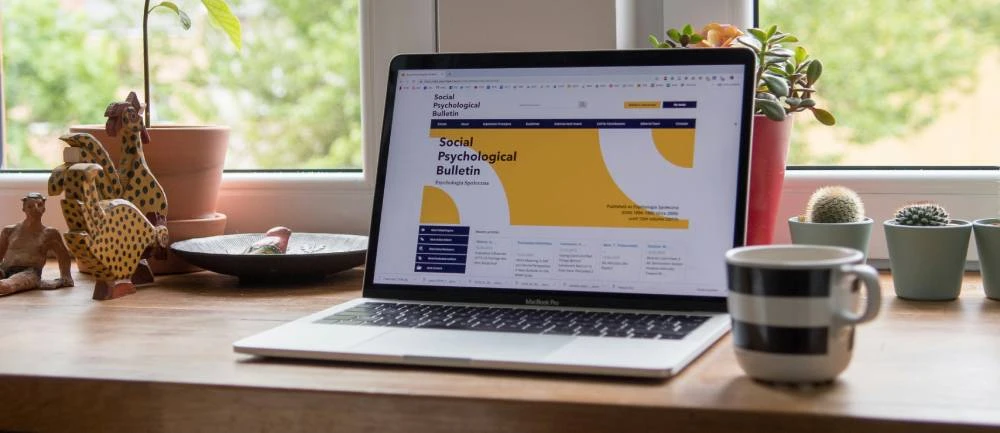NEWS & ARTICLES
In the modern world of business, there is a constant cycle of news circling around a multitude of industries and their respective leaders. Our specialised communications and PR team believe it is incredibly important for our clients to remain in the loop.
Keeping up to date with the latest media cycles will help you stay ahead of the ever-changing business landscape , while helping you stay well-informed across your industry and competitors’ activities.


People & HR
Preparing HR for the Employment Rights Bill
A clear HR guide to the Employment Rights Bill, including what is changing, when it lands, and actions to keep your policies and culture compliant.
Continue Reading

People & HR
How Employee Value Propositions Are Driving Profitability in Enterprises
In this thought leadership piece, Jamie McAnsh cuts through the jargon and explains what employees really want beyond the payslip.
Continue Reading

AI & Technology
Why Securing AI and LLMs Is the Next Strategic Move for Business Growth
As a key part of our AI & tech team at Champions (UK) plc, I’ve spent the past few years helping businesses unlock the true potential of artificial intelligence. What’s clear is that we are now firmly in the age of AI-driven transformation.
Continue Reading

People & HR
Why smart companies rely on HR audits to stay competitive
We often focus on innovation, marketing, or digital transformation as key drivers of competitiveness, but there’s another critical factor that often gets overlooked: our people.
Continue Reading

AI & Technology
What e-commerce teams need to know about using AI effectively
There’s a common phrase doing the rounds in boardrooms right now: "If AI can do it better, it should." And honestly? I couldn’t agree more.
Continue Reading

Company News
Historic golfing tournament returns to renowned Warwickshire venue
First played in 1933 at the Palace Hotel in Torquay, the Championship has long held a special place in the sport’s history. Today, it continues at its home on the Cromwell Course at Nailcote Hall, a renowned short course that demands precision.
Continue Reading

People & HR
AI & Technology
Building Inclusive Workplaces with AI
You may believe that creating an inclusive workplace is solely a moral imperative. It isn’t, it’s a strategic advantage. Inclusion boosts creative performance and strengthens organisational culture. But many barriers to inclusion are invisible, especially for neurodivergent individuals or employees with disabilities. That’s where AI can make a meaningful difference.
Continue Reading

Sales Growth
Without PR, your brand is just another name in the crowd
Nowadays businesses are bombarded with challenges, from shifting consumer behaviours to a saturated online marketplace.
With social media algorithms constantly changing and trust in advertising declining, companies that neglect Public Relations (PR) and strategic communications risk fading into obscurity.
As Head of Communications at Champions (UK) plc, I’ve seen first-hand how investing in PR can transform a brand from an unnoticed name into a market leader.
Continue Reading

Mergers & Acquisitions
Why investment audits are essential for attracting private equity
A comprehensive investment audit not only validates a company's financial health but also demonstrates its commitment to best practices and ethical standards.
Continue Reading

People & HR
How YOU Can Create An Inclusive Workplace: 5 Actionable Steps To Take
Workplace inclusivity is no longer just a ‘nice to have’.
It’s an essential part of a thriving business. A diverse and inclusive environment improves employee satisfaction and strengthens company culture.
Continue Reading

Company News
A Special Day Out at Wembley with Rainbows
As part of our ongoing commitment to giving back, Champions recently had the pleasure of supporting a family from the Rainbows Hospice with tickets to England’s match against Latvia at Wembley.
Continue Reading

Company News
Champions (UK) plc Named as Sponsors for the Prestigious Peter McEvoy Trophy
Hosted at the historic Copt Heath Golf Club from April 24-25, the event will feature the brightest talents in junior golf from across the UK and internationally.
Continue Reading
1 of 10 pages